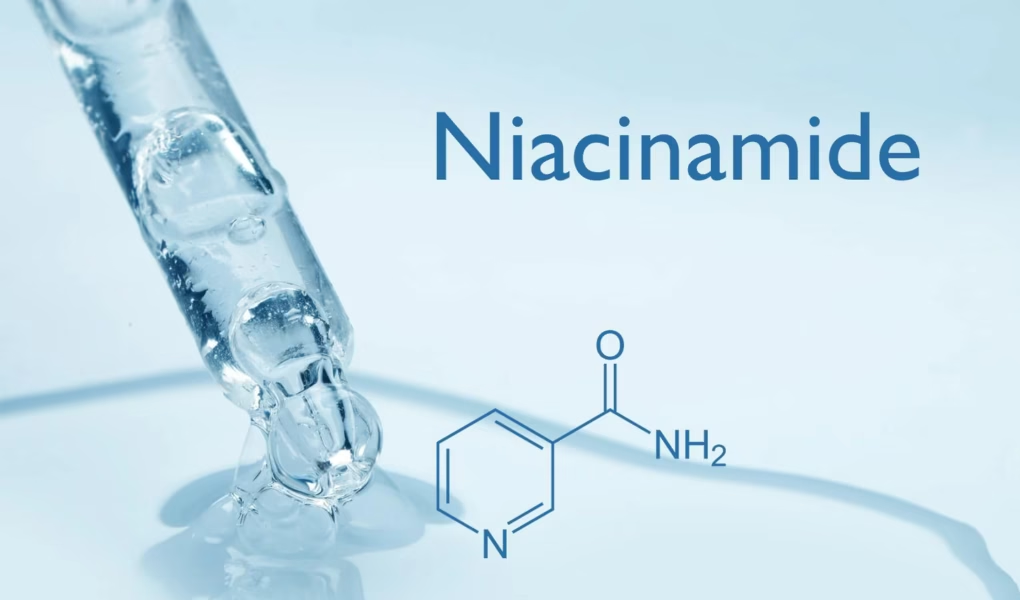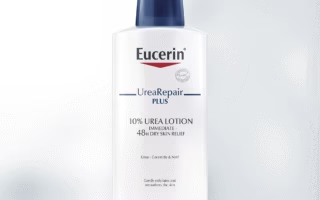Niacinamide, also known as Vitamin B3, has become one of the most popular skincare ingredients in recent years. From improving skin texture to reducing acne and dark spots, this multi-functional vitamin offers a wide range of benefits. This guide explores what niacinamide is, how it works, its benefits, usage tips, safety, and expert advice.
What is Niacinamide?
Niacinamide is a water-soluble form of Vitamin B3. It is naturally present in foods such as meat, fish, nuts, and grains, and is also available in supplements and skincare products. Unlike other vitamins, niacinamide is well-tolerated and safe for most skin types.
“Niacinamide is a versatile ingredient that can address multiple skin concerns, from acne to anti-aging,” says Dr. Emily Peterson, a board-certified dermatologist.
Benefits of Niacinamide
1. Improves Skin Barrier Function
Niacinamide strengthens the skin’s natural barrier, reducing moisture loss and protecting against environmental damage.
2. Reduces Acne and Breakouts
Niacinamide helps regulate sebum production and has anti-inflammatory properties, making it effective for acne-prone skin.
3. Fades Dark Spots and Hyperpigmentation
Niacinamide inhibits melanin transfer to skin cells, helping reduce dark spots, melasma, and post-inflammatory hyperpigmentation.
4. Anti-Aging Effects
Niacinamide stimulates collagen production, reduces fine lines, and improves skin elasticity, leaving skin smooth and youthful.
5. Reduces Redness and Rosacea
Its anti-inflammatory properties can calm irritated skin and reduce redness associated with rosacea.
How to Use Niacinamide
Topical Application
- Cleanse your face thoroughly.
- Apply niacinamide serum on dry or slightly damp skin.
- Follow with moisturizer or sunscreen.
Pro Tip: Niacinamide can be layered with other active ingredients like “Hyaluronic Acid“ without irritation.
Combining with Other Skincare Actives
- Retinol/Tretinoin: Helps reduce irritation when combined with retinoids.
- Vitamin C/Ascorbic Acid: Safe to use together, especially in modern formulations.
- Hyaluronic Acid: Enhances hydration and skin plumpness.
- Salicylic Acid/Glycolic Acid/Azelaic Acid: Can be combined to target acne and exfoliation concerns.
Pro Tip: Niacinamide pairs beautifully with “Retinol“, it calms irritation and boosts barrier repair while retinol speeds up cell turnover.
Niacinamide Products
- Serums: Most popular and concentrated form for targeted treatment.
- Creams & Moisturizers: Provide hydration and barrier support.
- Supplements: For overall health and skin benefits.
- Specialty Products: Targeting dark spots, pigmentation, or sensitive skin.
Foods Rich in Niacinamide
Niacinamide is naturally found in foods such as:
- Meat and poultry
- Fish (salmon, tuna)
- Whole grains and legumes
- Nuts and seeds
Safety and Side Effects
Niacinamide is generally safe for all skin types, including sensitive skin. Side effects are rare but may include:
- Mild redness or irritation at high concentrations
- Allergic reactions (extremely rare)
Special Precautions:
- Safe for most pregnant and breastfeeding individuals
- Non-comedogenic and suitable for oily skin
Niacinamide FAQs
Yes, niacinamide can reduce irritation caused by retinol and improve results.
Yes, modern formulations are compatible, and layering can improve skin brightness.
Once or twice daily is generally safe and effective.
Yes, it reduces hyperpigmentation and improves acne-prone skin.
No, niacinamide and niacin are both forms of Vitamin B3 but have different roles and benefits.
Niacinamide vs Other Actives
- Niacinamide vs Retinol: Niacinamide hydrates and soothes; retinol accelerates cell turnover. Using them together balances anti-aging and skin tolerance.
- Niacinamide vs Vitamin C: Both brighten skin; they can be used together in compatible formulations.
- Niacinamide vs Hyaluronic Acid: HA hydrates while niacinamide strengthens the barrier; they complement each other.
Pro Tips: Finish your skincare with a nutrient-rich tallow moisturizer to deeply nourish and seal in niacinamide’s benefits.
Final Thoughts
Niacinamide is a multi-functional, science-backed skincare powerhouse. Whether used topically or taken as a supplement, it supports healthy, hydrated, and radiant skin while also aiding in acne management, anti-aging, and pigmentation correction. Its compatibility with most skincare ingredients makes it an essential addition to any routine.
✍️ Glownest Care Team
Written by GlownestCare Team – Experts in skincare and wellness research providing actionable, professional insights for healthy, radiant skin.
📖 Read More: Explore our latest skincare tips, haircare routines, mani-pedi care guides, overall beauty care advice, weekly glow tips, FAQs on trending topics, and handy beauty calculators to keep your glow strong.
🔗 Share This Post: Found it helpful? Share it with friends, family, or on social media to spread the knowledge and inspire healthier skin.
💬 Join the Discussion: Scroll down and leave your thoughts or questions in the comments – we’d love to hear from you!



